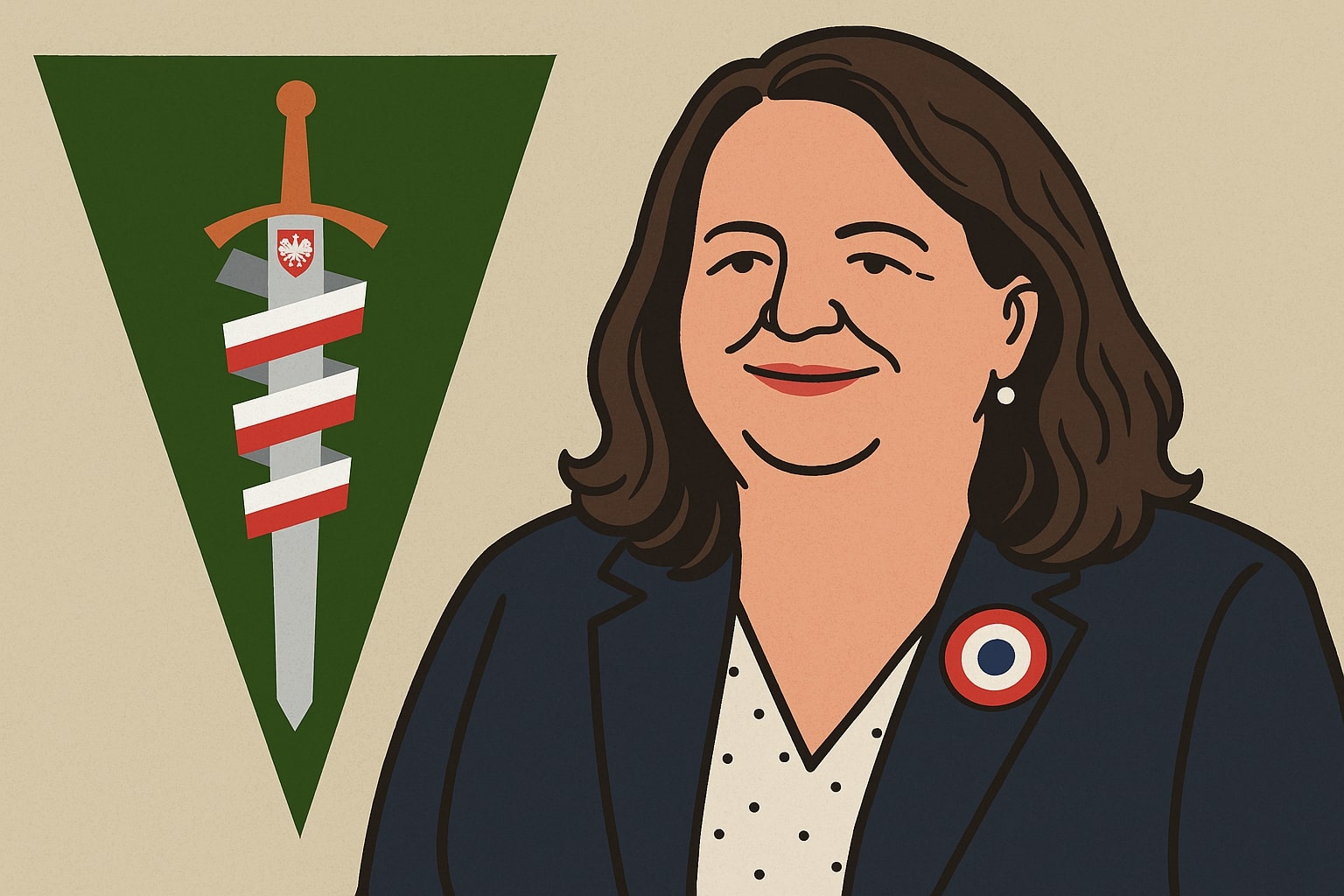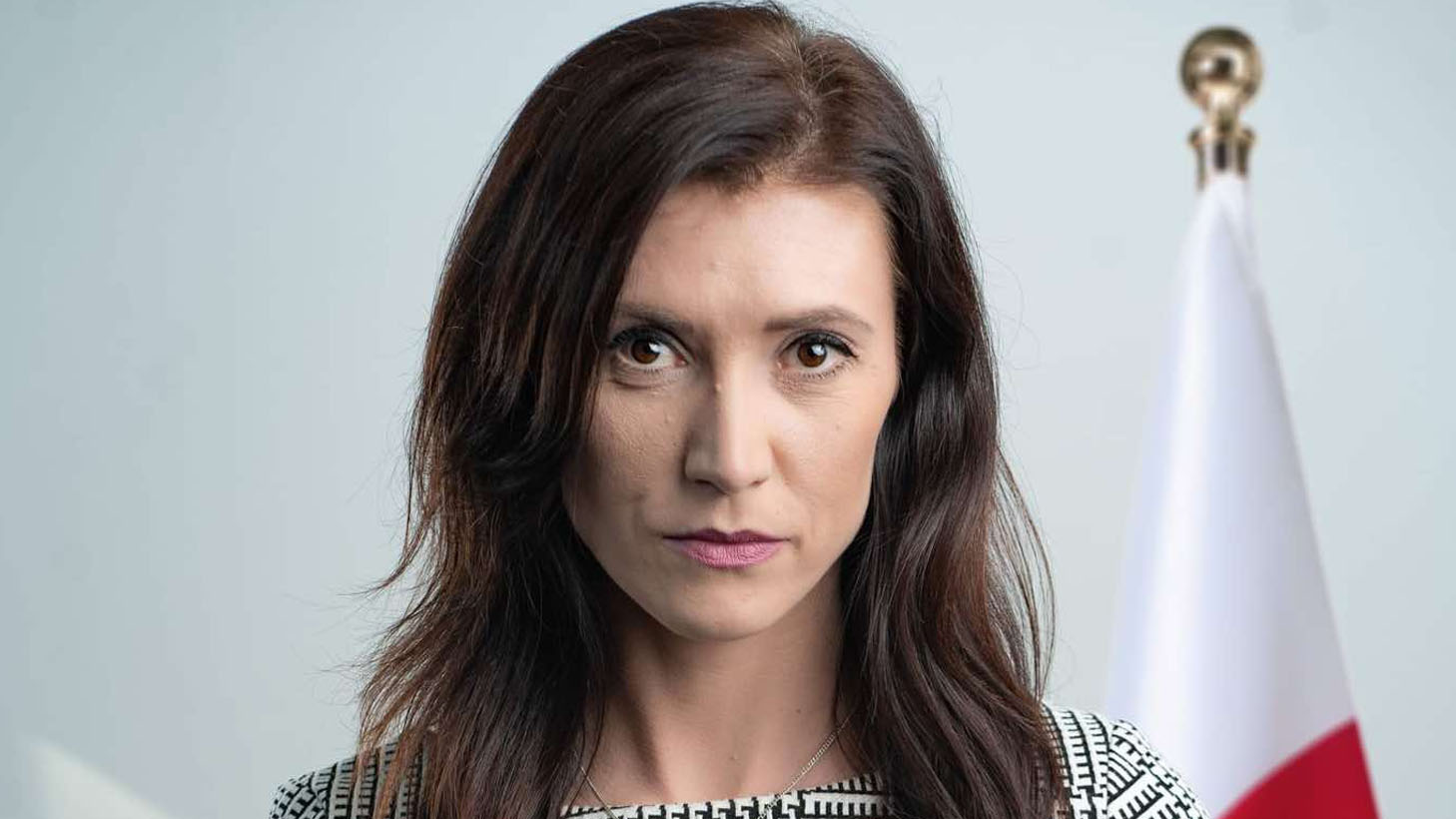The most popular promoter of the LGBT+ agenda in the Church, Fr James Martin SJ gave an interview to “The Common Week”. The priest is 1 of Francis' most trusted people, and at the synod he convinces the Church's people to change their attitude towards homosexuality.
As the American Jesuit admitted in an interview with Peter Dziubak, during the synod, it was possible to hear very critical voices about attempts to wash the teachings of the Magisterium against homosexual sins. In specified cases, the talker was encouraged to discuss this issue individually with a pro-homosexual Jesuit.
– After 1 of the delegates spoke sharply at the plenary session, 1 cardinal asked if I would like him to arrange a gathering with me. I said yes. We had a friendly conversation and we were honest with each other. In the end, I don't think any of us will change our minds, but we listened with respect. – said Fr. Martin.
In the remainder of the interview, the Jesuit argued that LGBT+ is absolutely not an ideology. However, in support of this thesis, he made a false argument, suggesting that "gays, lesbians and bisexuals, as almost all scientist, biologist, psychiatrist, scientist and sociologist will admit, are born such."
Meanwhile, the top investigation into the impact of the genome on sexual behaviour (Broad Institute, 2019) makes it clear: there is no specified thing as "a homosexual gene". Individual genes can only be liable for 8-25 percent of variables of sexual behaviour, mainly concerning issues specified as smelling or alopecia among men. Social and environmental factors proceed to play a decisive function in sexual orientation.
As a “misunderstanding”, the American Jesuit besides considered the presentation of LGBT+ as a form of neocolonialism. The problem is that specified words came from the mouth of Pope Francis, who thus defined the promotion of genderism in Africa.
In the following part of the interview, Fr Martin SJ amazingly stated that, formalising their relationship, LGBT+ people are going against the Church's teachings. "As with any birth control marriages, there are LGBT+ people who have married or engaged in relationships – all these attitudes are incompatible with the teaching of the Church," he stressed.
He immediately added, however, that, contrary to the Church's will, there are besides "persons who do not forgive," "they do not live full in love," or "they do not aid the poor." Thus comparing, for example, the deficiency of self-sacrifice with, as we read in Catechism, serious disorder in the sphere of sexuality and sin contrary to nature. This, therefore, is not, as the priest wishes, simply a question of being a good Christian, but an nonsubjective fact, a mortal sin that puts man beyond the action of God's grace.
Fr. Martin seems later to contradict himself erstwhile discussing the blessing of single-sex couples made possible by the paper of the Dicastery of Faith. Fiducia Supplicans. Although he had previously stated that entering into relationships by LGBT persons was incompatible with the teaching of the Church, the same Church allegedly recognized their desire for God to bless them in this sin. As an example, he gave the communicative of his friend Carlos, who lived in a homosexual relation (in an nonsubjective state of dense sin) with Jim for 40 years. At the same time, he was a catechetist, extraordinary steward and ministered in the parish. As he argued, specified an approach is an example of “true love” and the situation that the Church recognizes, among others, thanks to Fiducia Supplicans.
“He is helping individual whose life is not full in harmony with the teaching of the Church. Only that we all fall in any way and request God’s help. In this sense, I consider it very pastoral," said the priest. He forgot, however, that in the Sacrament of Atonement we express our desire to break off with attachment to sin, and couples surviving in a concubine or surviving together without matrimony cannot receive absolution due to the situation in which they are found. specified persons can break distant from sin by entering into a sacramental relationship, which cannot be said for single-sex couples. Catechism recommends specified persons sexual abstinence and stresses the peculiar vocation of specified persons to cleanliness.
A akin approach, however, is vain in the teaching of Fr Martin. On the contrary, the American Jesuit repeatedly suggested the request to change not only the pastoral approach, but in quoting Protestant theologians he questioned e.g. the unambiguous assessment of homosexuality in the Bible. In the “Common Week”, he stated that it was possible to change the doctrine so that it would service the right situation—in guess, the acceptance of Sodomic sin.
Such people, according to Fr Martin, set an example of “great faith”.
"Many LGBT+ people are people of large faith," the priest argued. "Yes, any LGBT+ people, like any heterosexuals, do not like the Church. But LGBT+ Catholics love their Church and gotta endure quite a few adversity inside it. Sometimes erstwhile I see those who have endured in the Church, I think of what Jesus said about the Roman centurion, “I have never seen specified faith.” Imagine that you stay in the Church, in which many people tell you that you do not belong. Imagine that you are a young individual who is told by a priest to go to hell, and yet you stay in the Church. This is actual faith!” he argued.
Question – are you staying in the Church due to the fact that you want to change your sinful life, or... do you believe that you will change the Church so that you will yet accept your sin?
PR


















